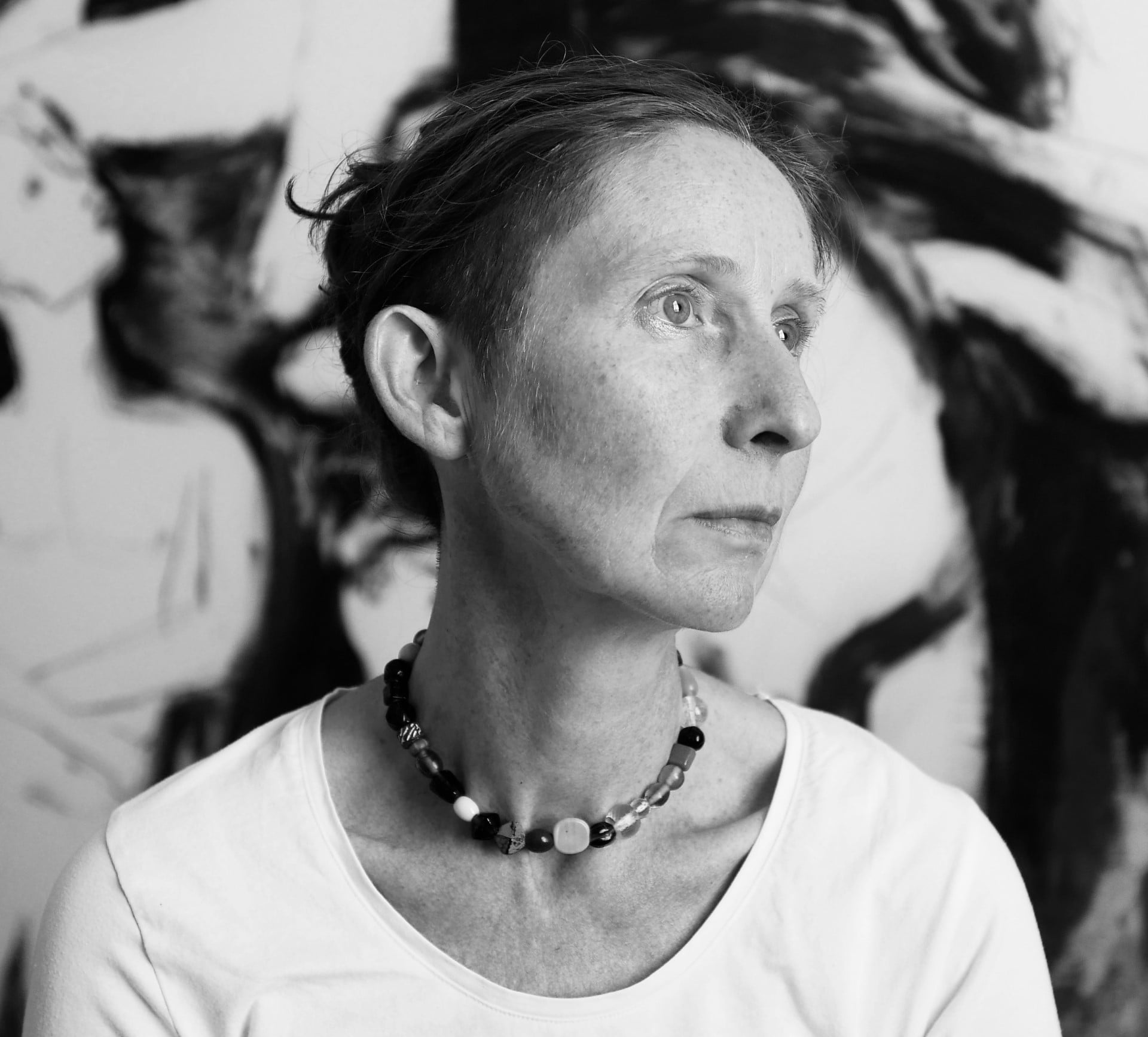At COPE, our Arts Therapist helps young people use their skills to strengthen their competencies and develop their potential.

“My greatest concern as an arts therapist is to teach young people to express their feelings. Through their creativity, they learn to develop safe and healthy boundaries and a voice for themselves as well as in the community.”
Elisabeth, AThR, COPE
Arts Therapy is something that gives young people a voice at COPE
A letter to YOUTH by our Arts Therapist Elisabeth Eitelberger AThR
Young people deal with many things at the same time. At COPE we are talking about young people between the ages of 13 and 24. A lifespan in which significant biological, cognitive and psychosocial changes occur. Constancies play an essential role in fostering individuals’ abilities to develop into healthy people and learn to relate to others.
Young people are expected to think about becoming young adults, are under peer pressure, experience bullying, and engage in toxic relationships e.g. at school, later at work, sometimes for long periods without realising it. They are asked to develop goals for their future, and in the meantime, they experience hormonal changes, witness their body shape, and grow, and find themselves on a mission to discover their self-identity. They are trying to find their place in a world increasingly influenced by their experiences with technology and social media. Face-to-face communication in the real world can become challenging, and learning healthy and safe boundaries around others can become more difficult. Social isolation or risky behaviour in the community (e.g. drug and alcohol use or sexual encounters) can lead to inner sadness, anger or a distorted self-image coupled with feelings of shame and guilt. Self-doubt and inner frustration can build up. A lack of words to describe complex feelings may lead to emotional and sensory overload and anxiety.
It is also a period of life when we begin to realise that we exist as individuals in groups and systems, with family, friends, colleagues, and the wider community, within and outside our culture. We form our thoughts about beliefs and values, about the world and how all this affects us.
In conclusion, young people face a period of life that involves expectations of themselves and others, identifying personal needs and desires, making connections, and reading verbal and nonverbal communication cues. These young people have only just begun to develop an understanding of how to grow into their individuality, while society already requires them to fit in and conform to social norms. It’s a lot!
Nowadays we talk more openly about gender identity or neurodivergent characteristics. However, that doesn’t mean everyone agrees. Our young people still face stigma when it comes to these issues, including mental health. Many young people suffer in silence from depression, self-harm, or suicidal thoughts because they perceive themselves as a burden to others, or they don’t feel heard or understood.
No wonder, young people can feel lost. As a holistic approach, arts therapy provides a safe space to explore negative emotions and offers many benefits by encouraging self-expression. The arts help us to build trust, self-esteem, and self-confidence. The use of creativity helps us to feel more comfortable in our own skin and to develop a better sense of how we function and take care of our well-being. Arts therapy sessions place a strong emphasis on developing self-empowerment skills through various media and materials, but also through verbal exploration. We address topics such as nutrition, physical health, educational interests, the meaning of life, how to make decisions, build relationships, and learn new self-regulation skills.
I look forward to connecting with you and the young people you support!
Yours, Elisabeth
COPE, May, 2024

black pen on paper, EME, 2024
The creative process …
- helps to acknowledge personal strengths and skills to develop self-identity, self-esteem, self-confidence, self-efficacy
- fosters self-expression (verbal, non-verbal, physical and psychological) to self-activate
- stimulates the exploration of thoughts and feelings: mind-body connection
- increases somatic awareness (promotes gross and fine motor functioning and kinaesthetic experiencing, visual perception and cognitive functioning)
- nurtures an understanding of self-care methods
- builds relational skills, communicates boundaries, and applies problem-solving strategies to develop independence
- strengthens emotion regulation/distress tolerance
Arts Therapy engages the whole body in positive activities, which is important for emotional well-being and nervous system regulation. It has calming qualities and reduces stress levels. It is an ideal action and evidence-based form of therapy for young people to develop a healthy personality.
More about Elisabeth – Elisabeth Eitelberger – Cope Centre
Follow us here Facebook